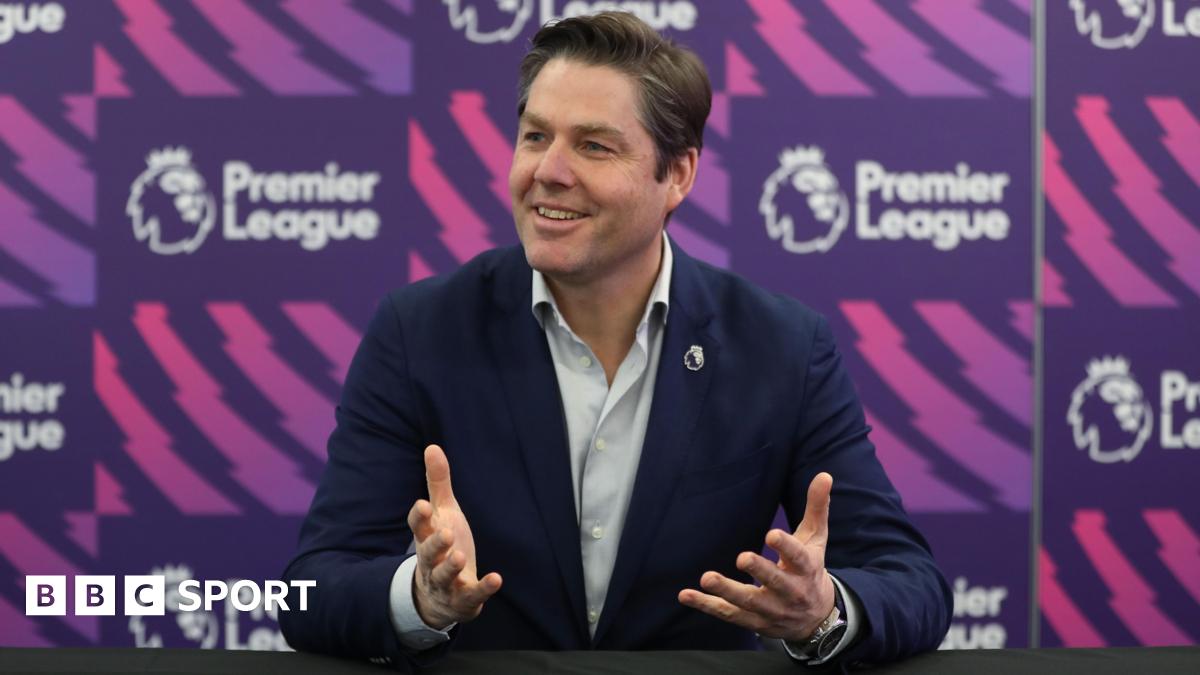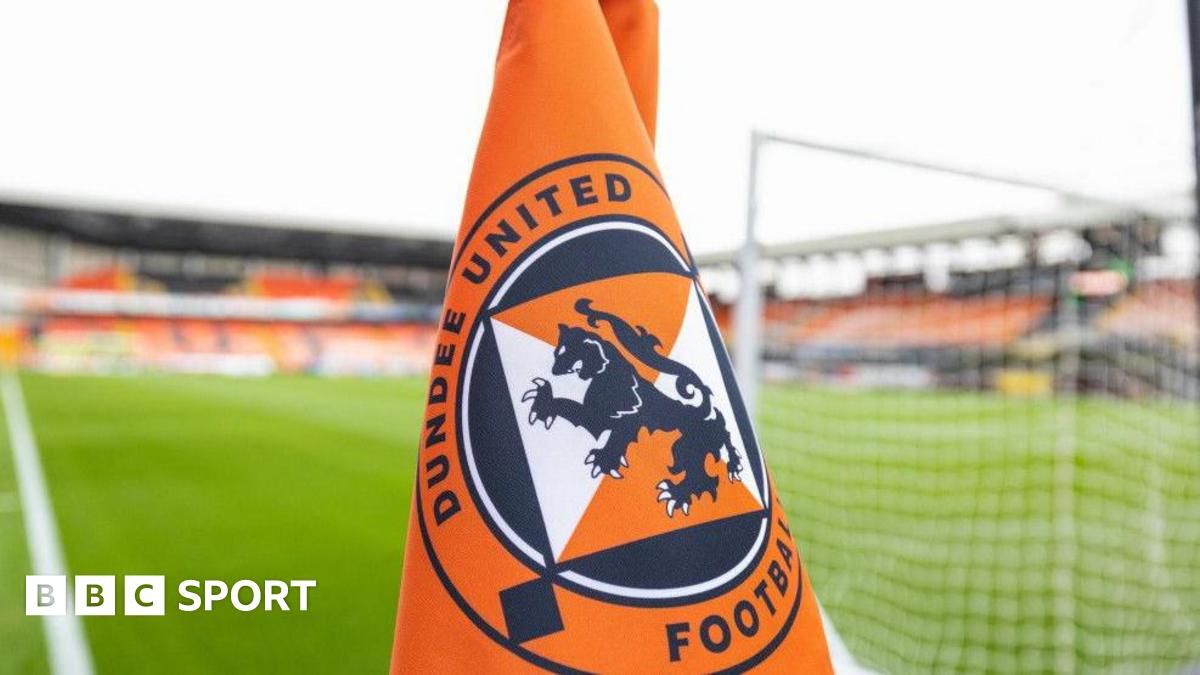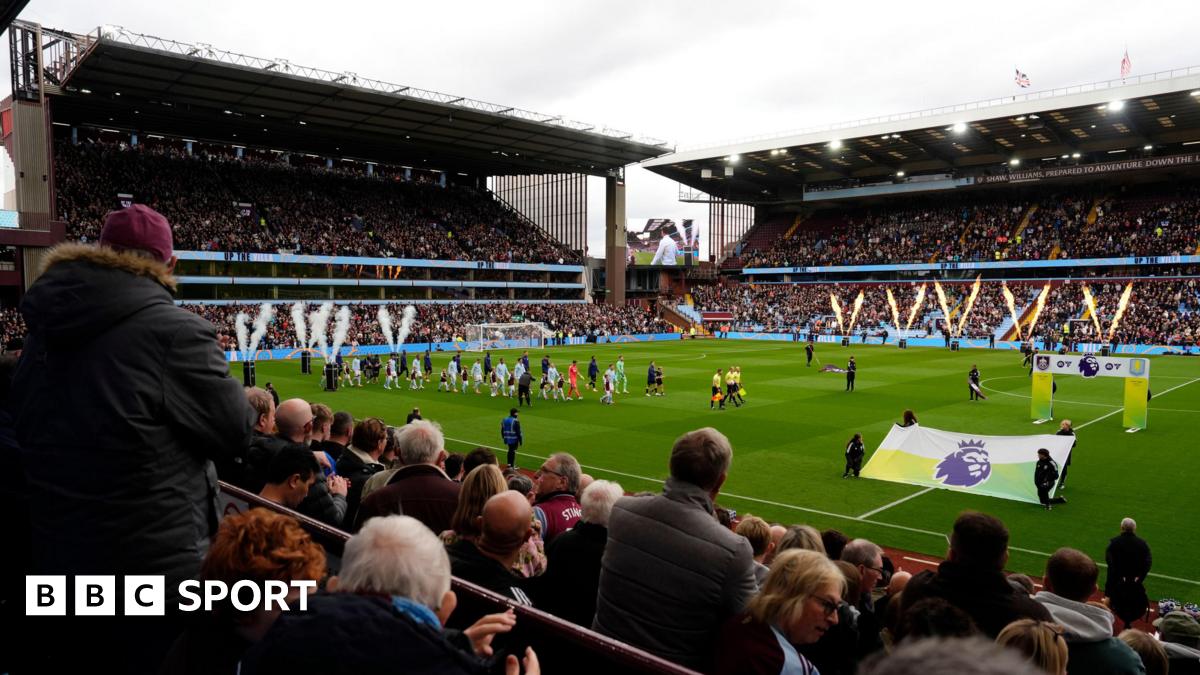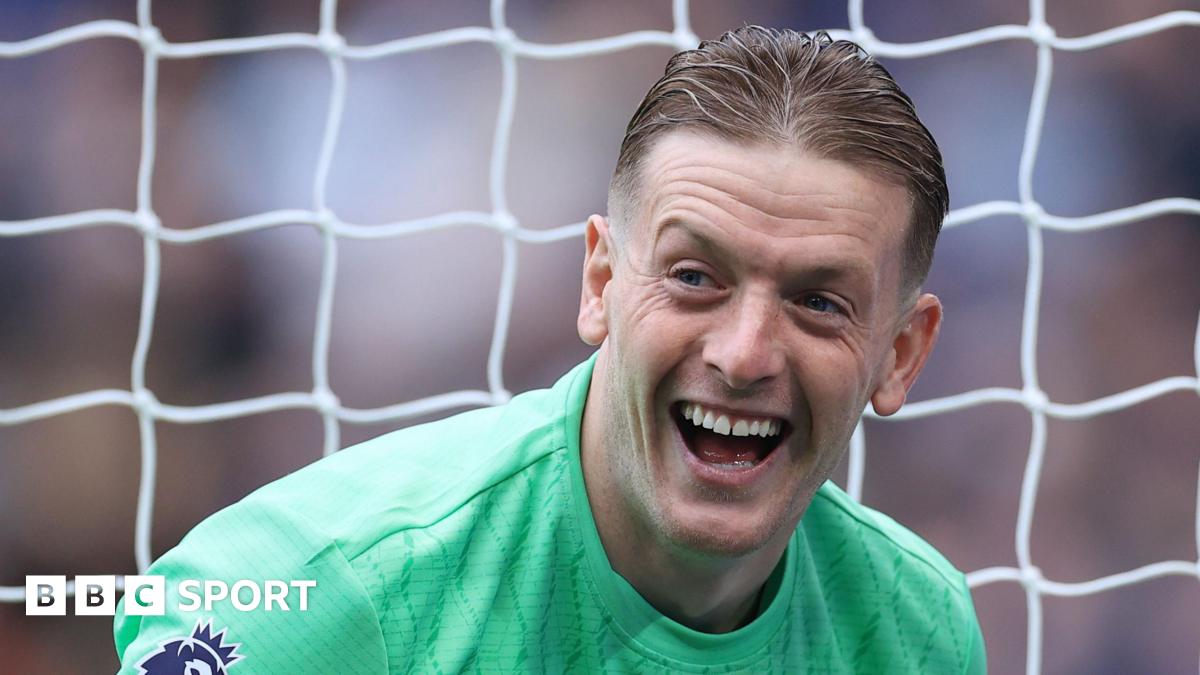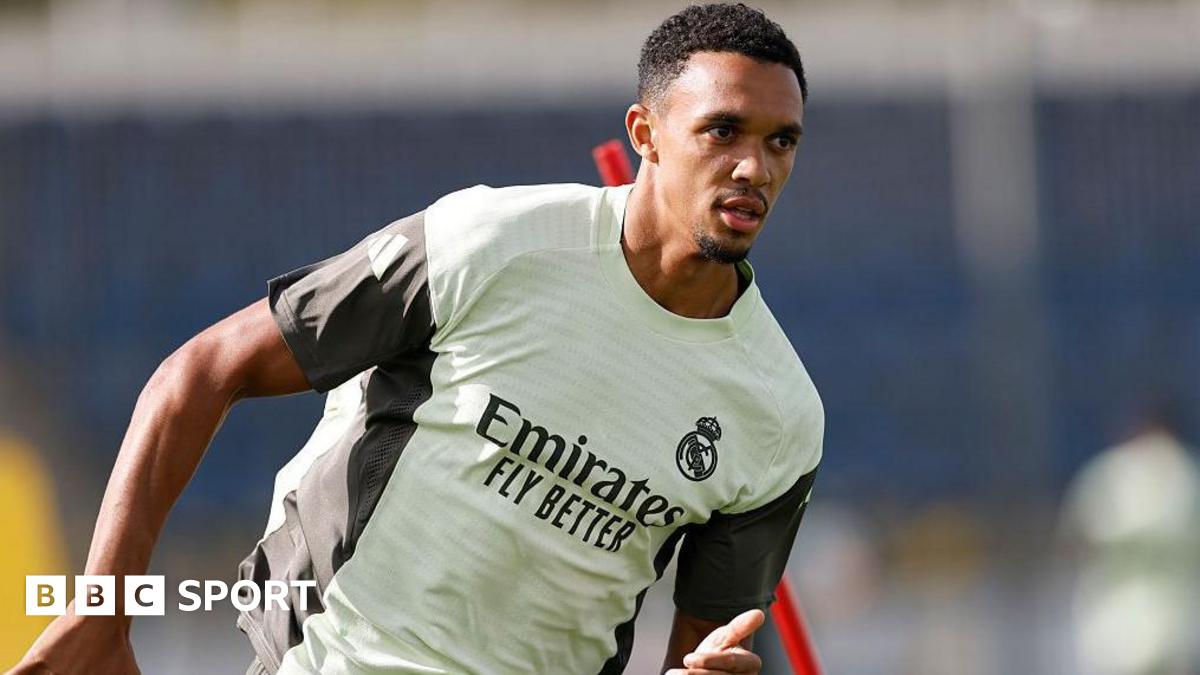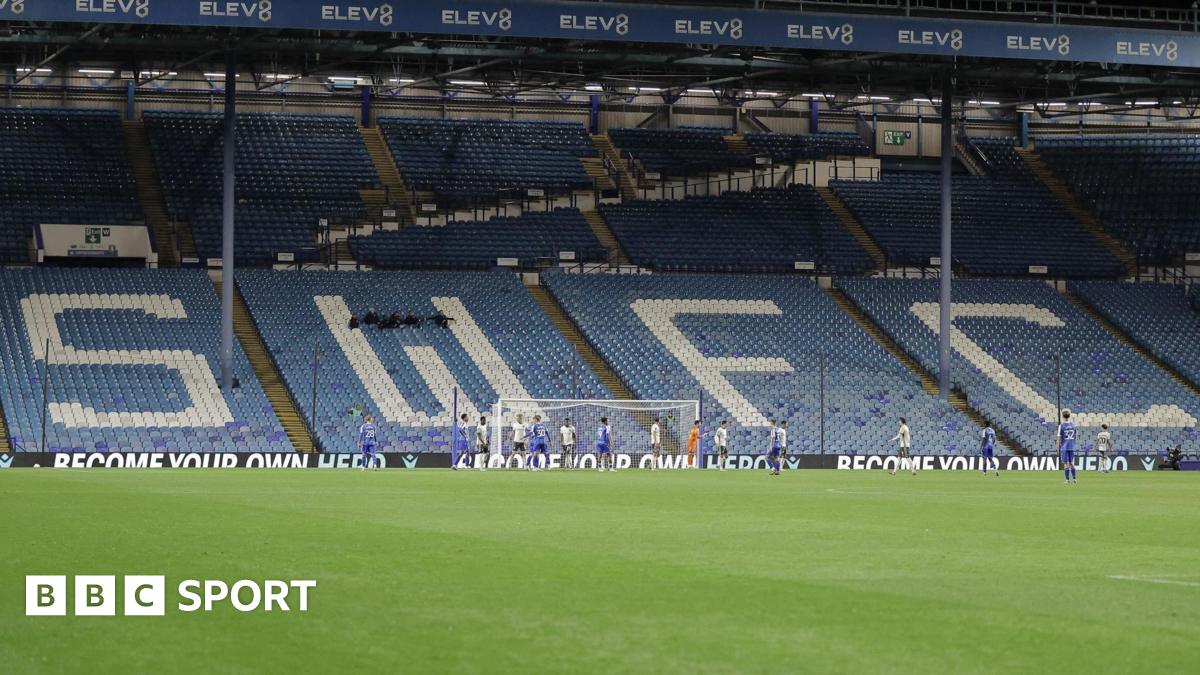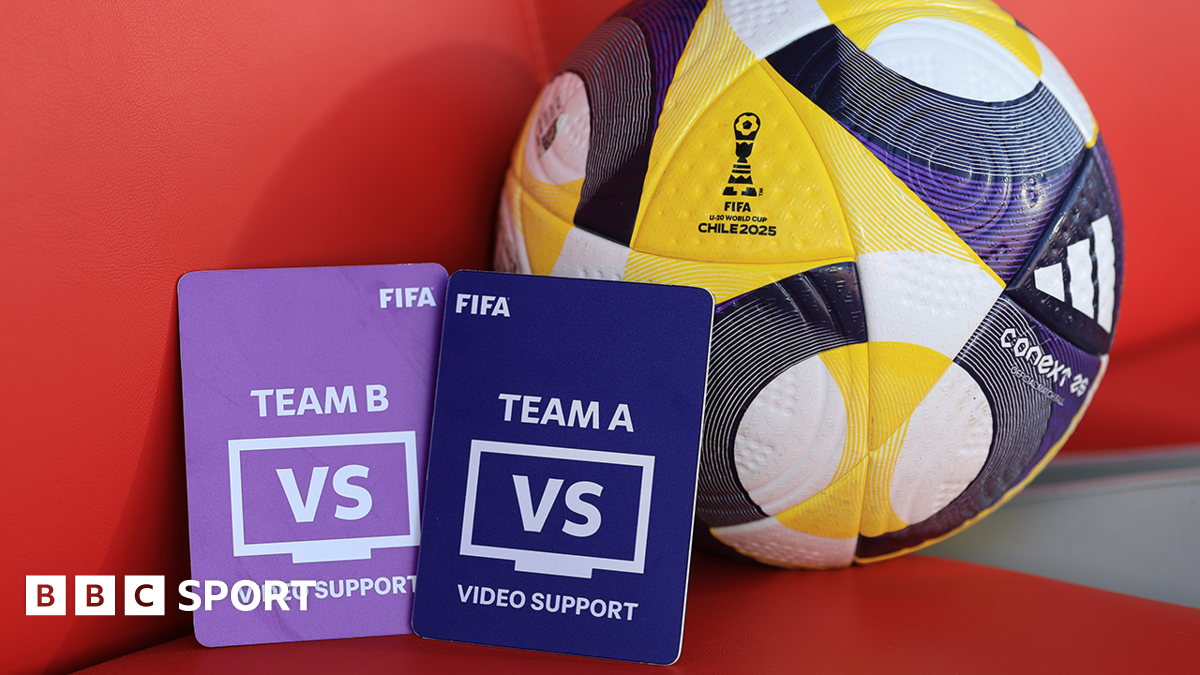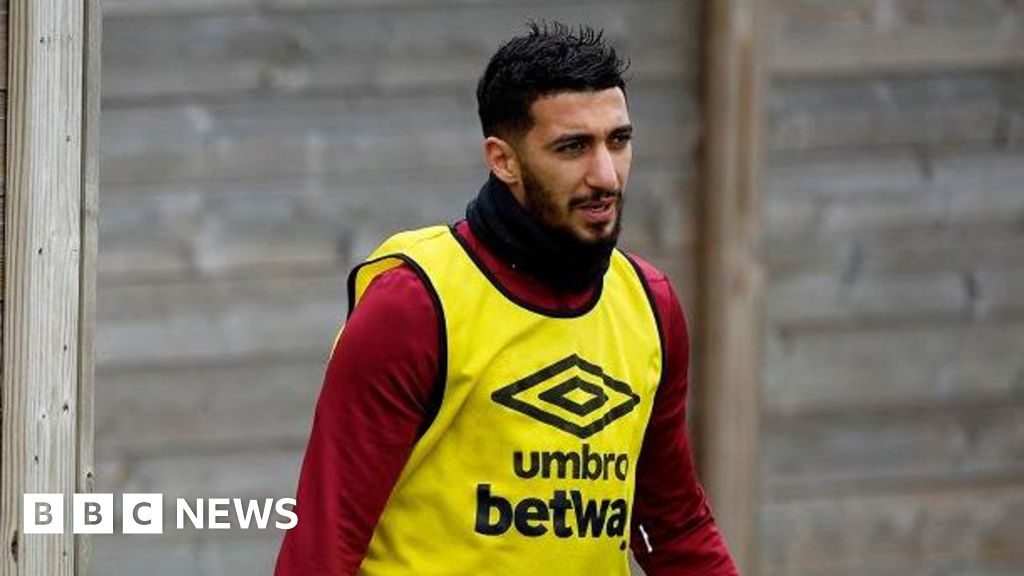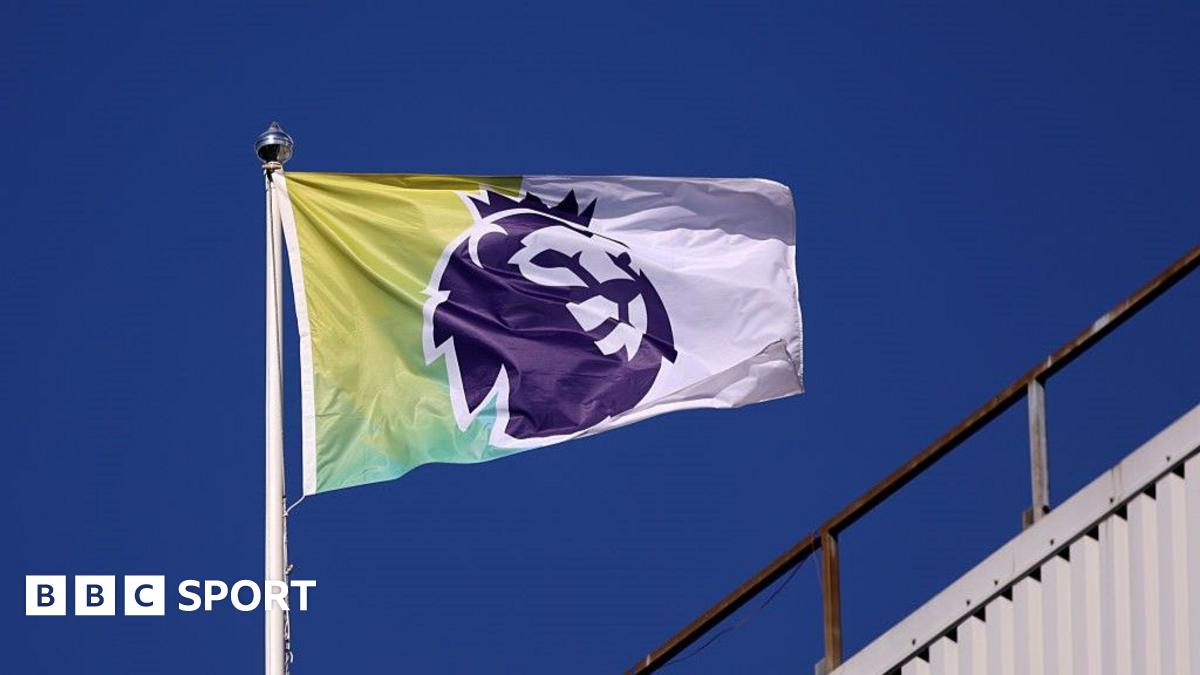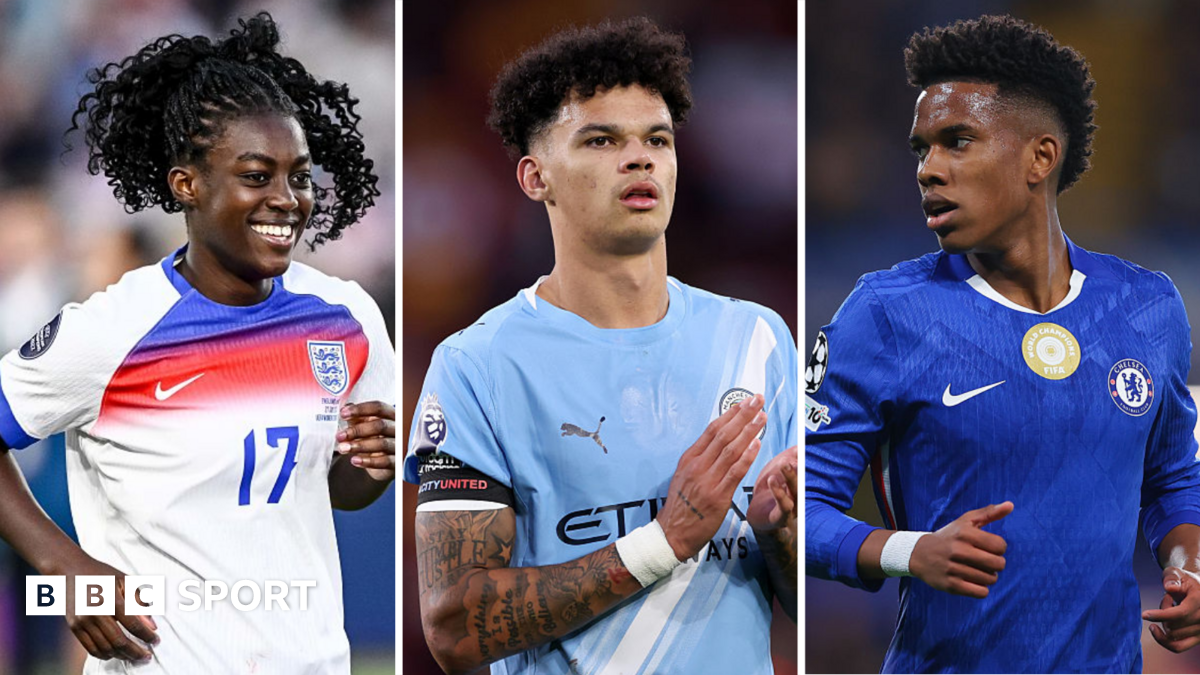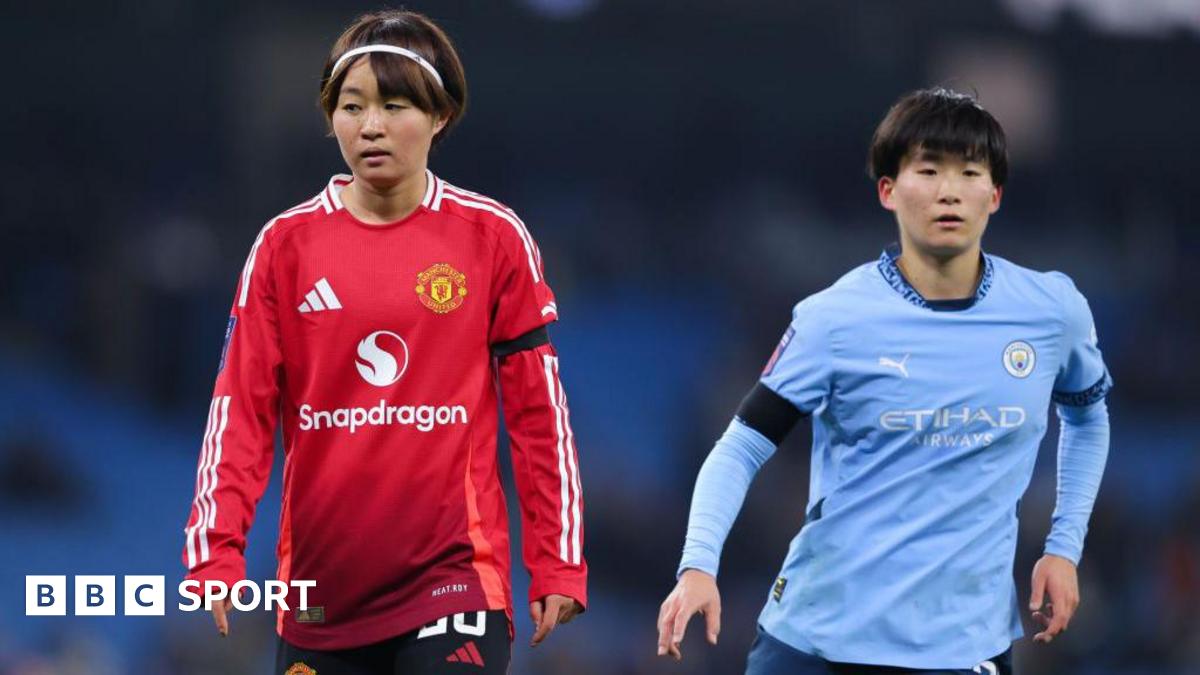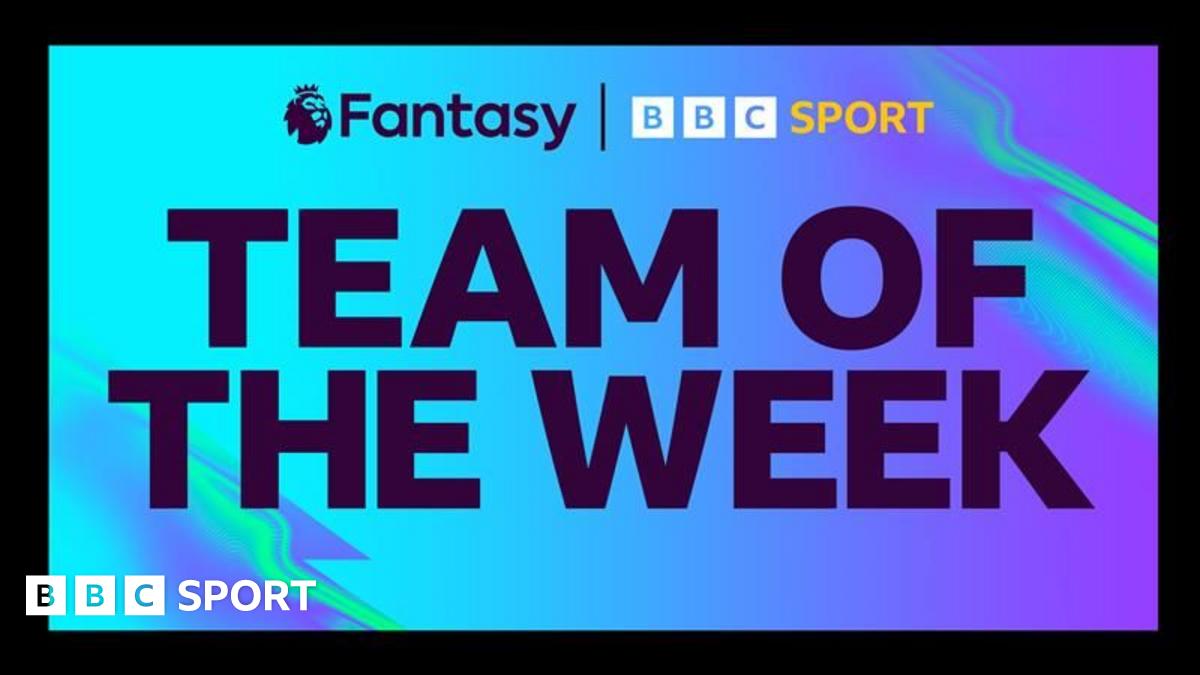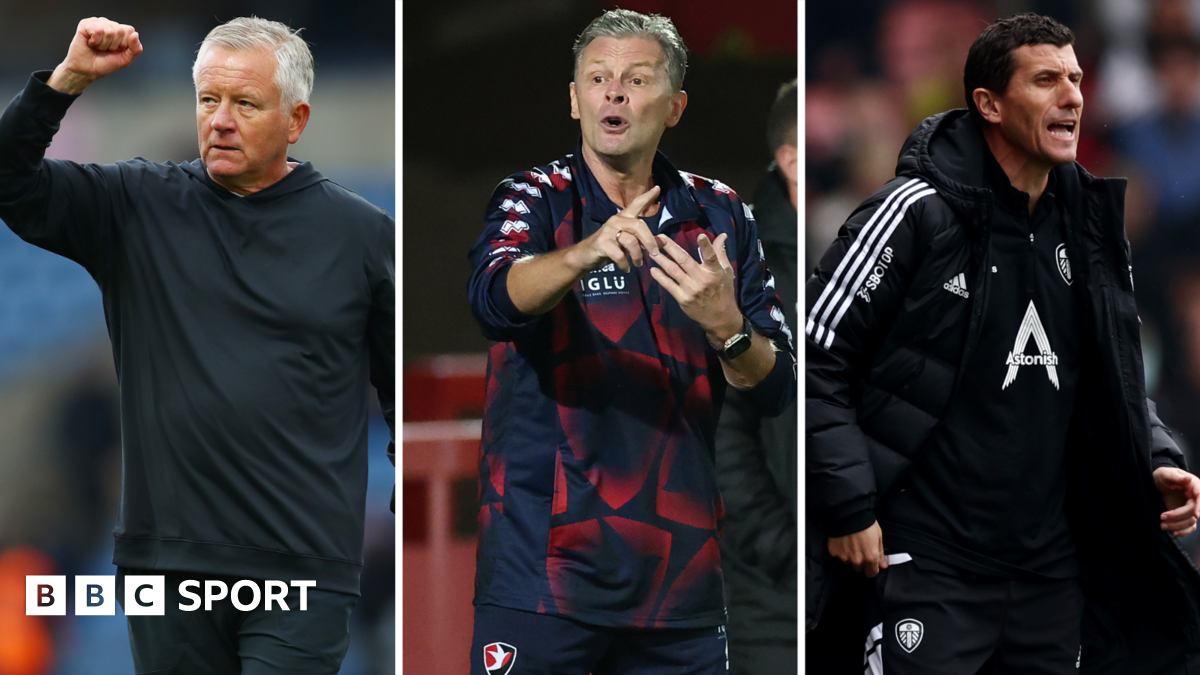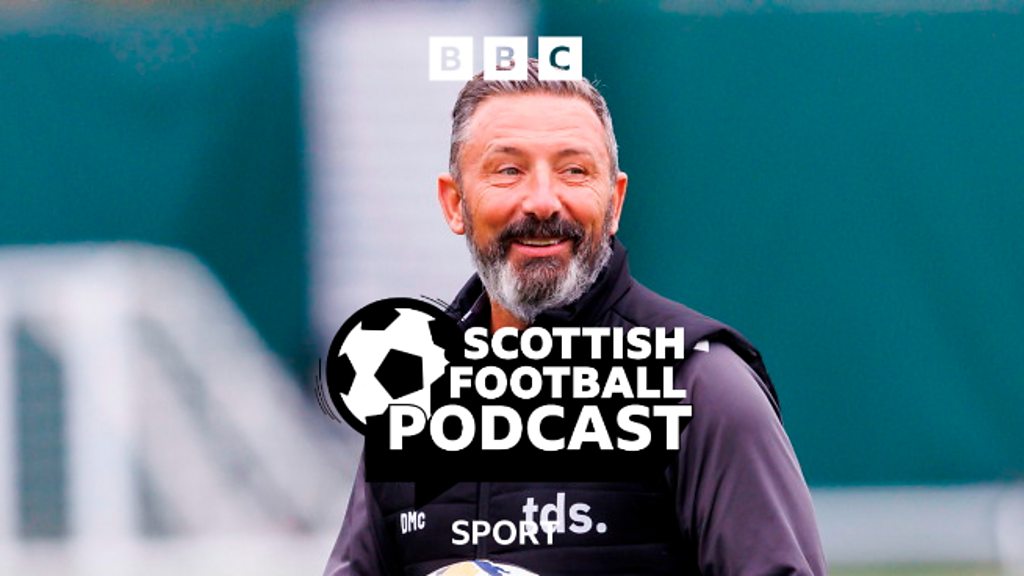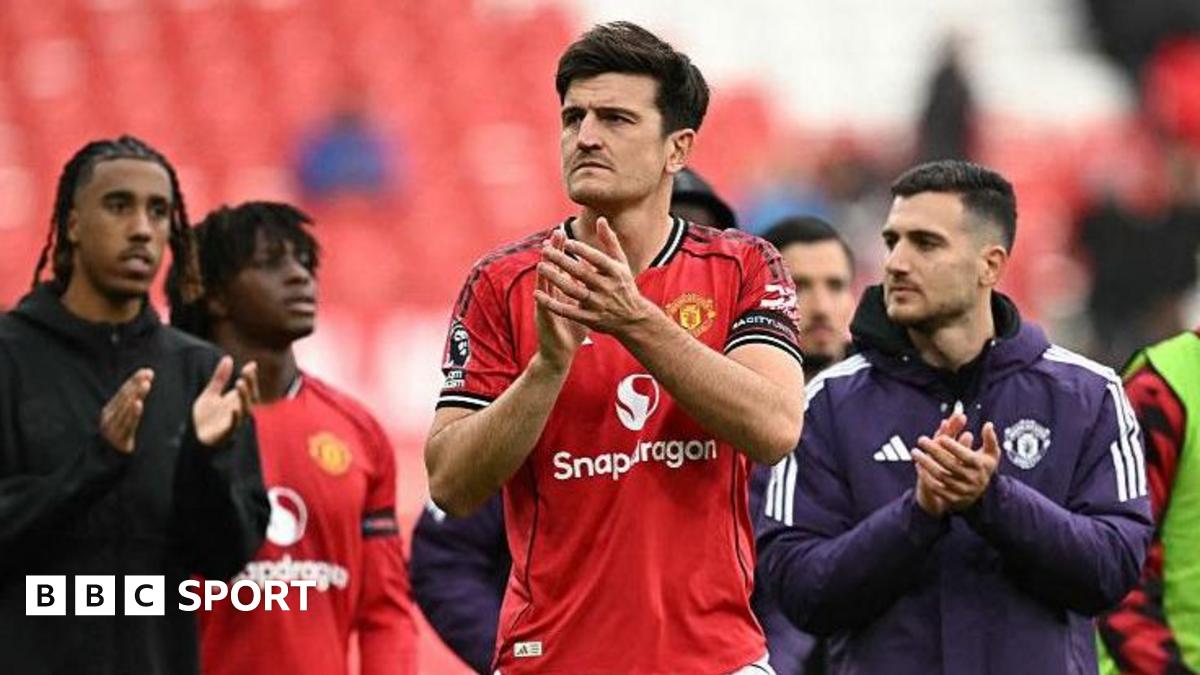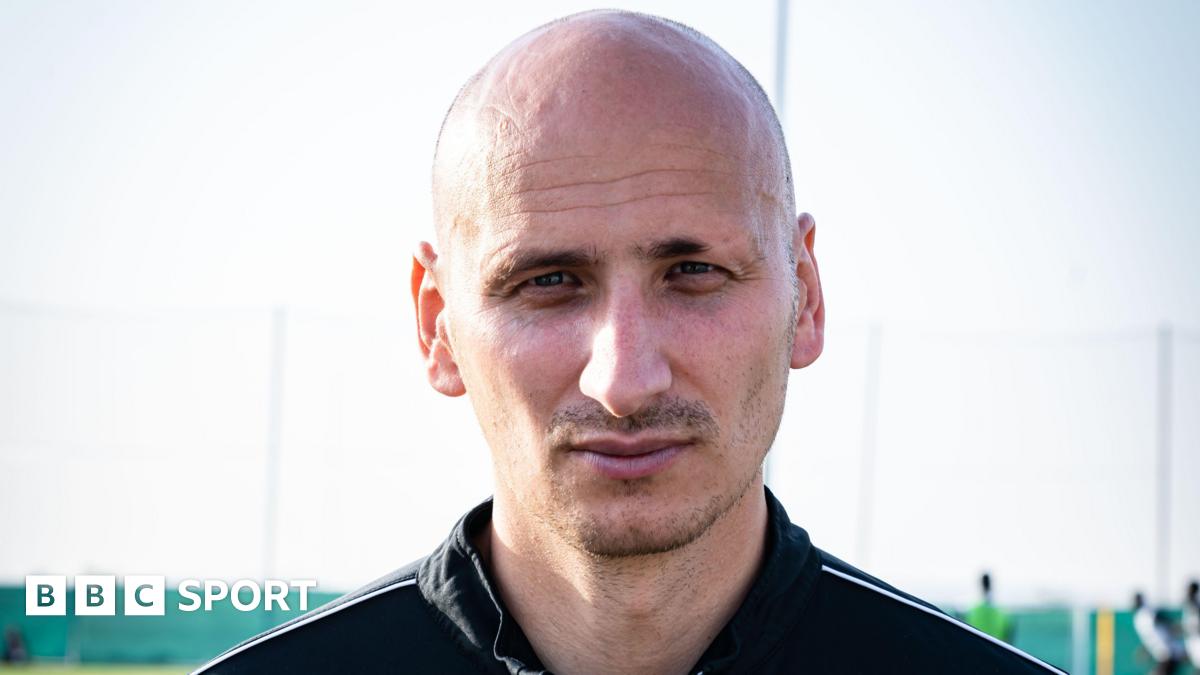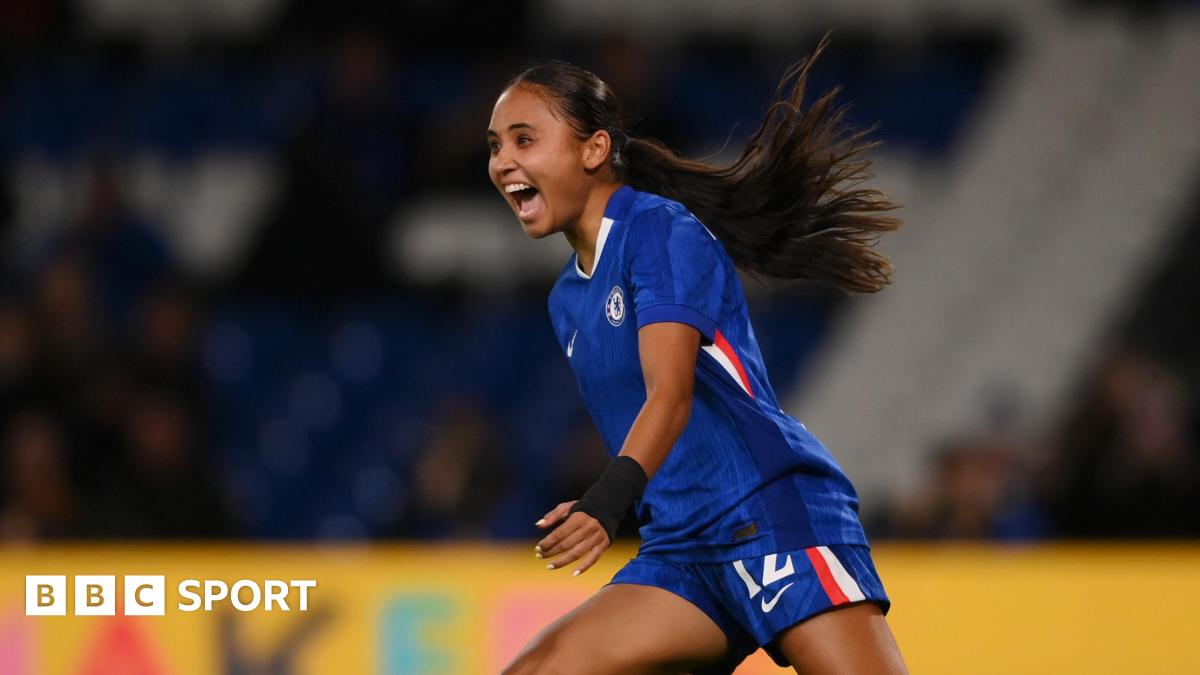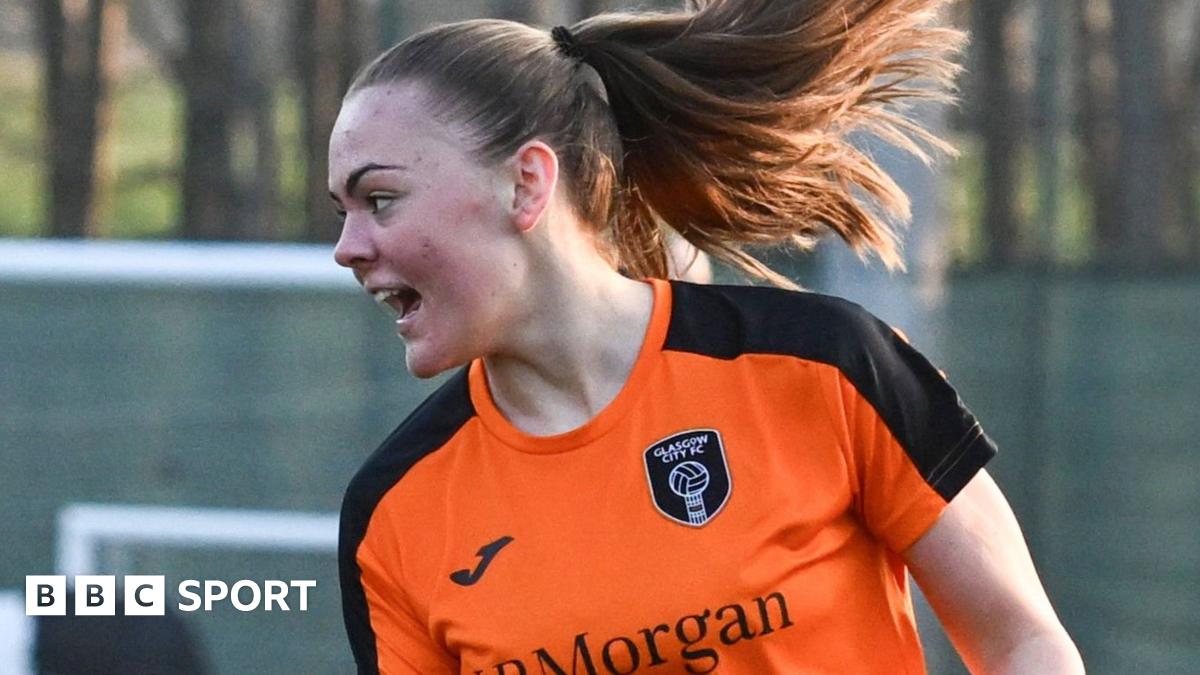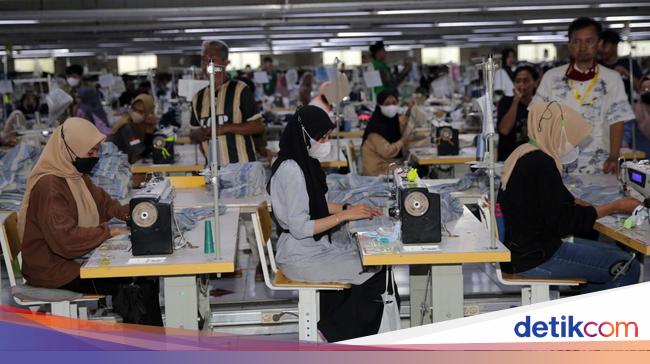The number of 'traditional' wide players starting in the Premier League is significantly down this season, with the majority of teams deploying inverted wingers and a few starting with wing-backs.
Traditional in this sense means a predominantly left-footed player lining up on the left wing or a right-footed player on the right, while an inverted winger would be a left-footed player on the right. Mohamed Salah at Liverpool or Bukayo Saka at Arsenal are prime examples.
An average of 11 traditional wingers were used each weekend by this stage last season. That total has now dropped to just 4.4 this term - a reduction of 60%.
Some of that decrease can be attributed to circumstance rather than a complete tactical shift, with new teams and managers entering the division, while the likes of Bournemouth and Everton have tended to buck that trend this season.
The Toffees have started the primarily right-footed Iliman Ndiaye on the right on five occasions in order to accommodate Jack Grealish on the left. The Senegalese was usually deployed on the left flank last term.
Andoni Iraola has named the left-footed David Brooks on the left and the right-footed Antoine Semenyo on the right on three occasions this term at Bournemouth, although they do tend to switch flanks during matches.
In the previous round of Premier League fixtures, only three natural wide players started on the side of the pitch that corresponded to their strongest foot - Manchester City's Savinho, Brighton's Yankuba Minteh and Anthony Elanga at Newcastle. During last season's equivalent round of matches that number was 10.
Legendary Manchester United star Ryan Giggs has called for the return of orthodox wing play and believes that modern day football has become 'strangled'.
"I hope it comes back, left footer on the left, right footer on the right," said the 51-year old.
"The argument against that is people like [Gareth] Bale, [Arjen] Robben, [Mohamed] Salah, these amazing players, who are playing on the other side and then it is 'how do you play?', continued Giggs, who was speaking on a 'Player Development the Manchester United way' panel at the Training Ground Guru conference at Old Trafford.
"We used to play with two centre-forwards or a number 10 and try to beat the full-back on the outside and get a cross in. Now it is coming inside and linking.
"But I hope it comes back. I would like to see two wide men beat players on the outside and get crosses in."
Giggs has not had a management role since standing down as Wales boss in 2022 after domestic abuse charges were levelled against him. He denied the allegations and all charges were dropped after his former partner refused to give evidence at a retrial in 2023. He stood down as director of football at League Two Salford City, the club he used to part own, earlier this year.
The former winger is considered one of the greatest players of the Premier League era and no one has provided more assists in the division.
"I am a bit biased," said Giggs. "I was a winger who liked to make things happen and excite the fans.
"Sir Alex [Ferguson] used to say 'give the guy who works in the factory something to smile about'.
"I liked to pass it forward, to run and try a difficult ball with the outside of my foot knowing the manager wasn't necessarily going to have a go at me."
While the current generation are highly skilled and technical, the criticism is that their individuality has been taken away by micro-management, in an era when every positional change is detailed and coaches are a constant presence on the sidelines telling players where to go.
Grealish's experience is often cited as an example - a player who arrived at Manchester City from Aston Villa in 2021 as a British record signing, capable of the kind of magic Giggs possessed, but then had his 'off-the-cuff' style taken away by Pep Guardiola's demand for possession.
"You don't like to go back to your time, but it does look a bit strangled with certain quality players," added Giggs.
"There are some, like Josh King at Fulham, and Martin Odegaard, who get me excited as well, so it is not everyone but yes, from when I first started, I think it is a bit more robotic, with the patterns of play and more defensive minded teams."
With conventional wing play seemingly a dying art it appears the inverted winger will be around for a while.

 8 hours ago
2
8 hours ago
2
